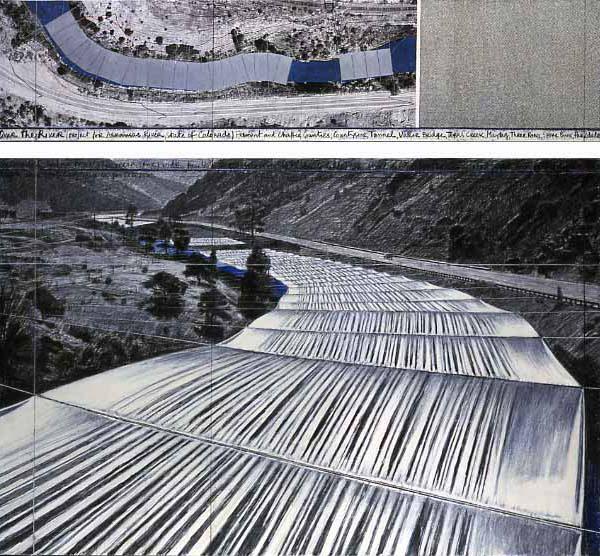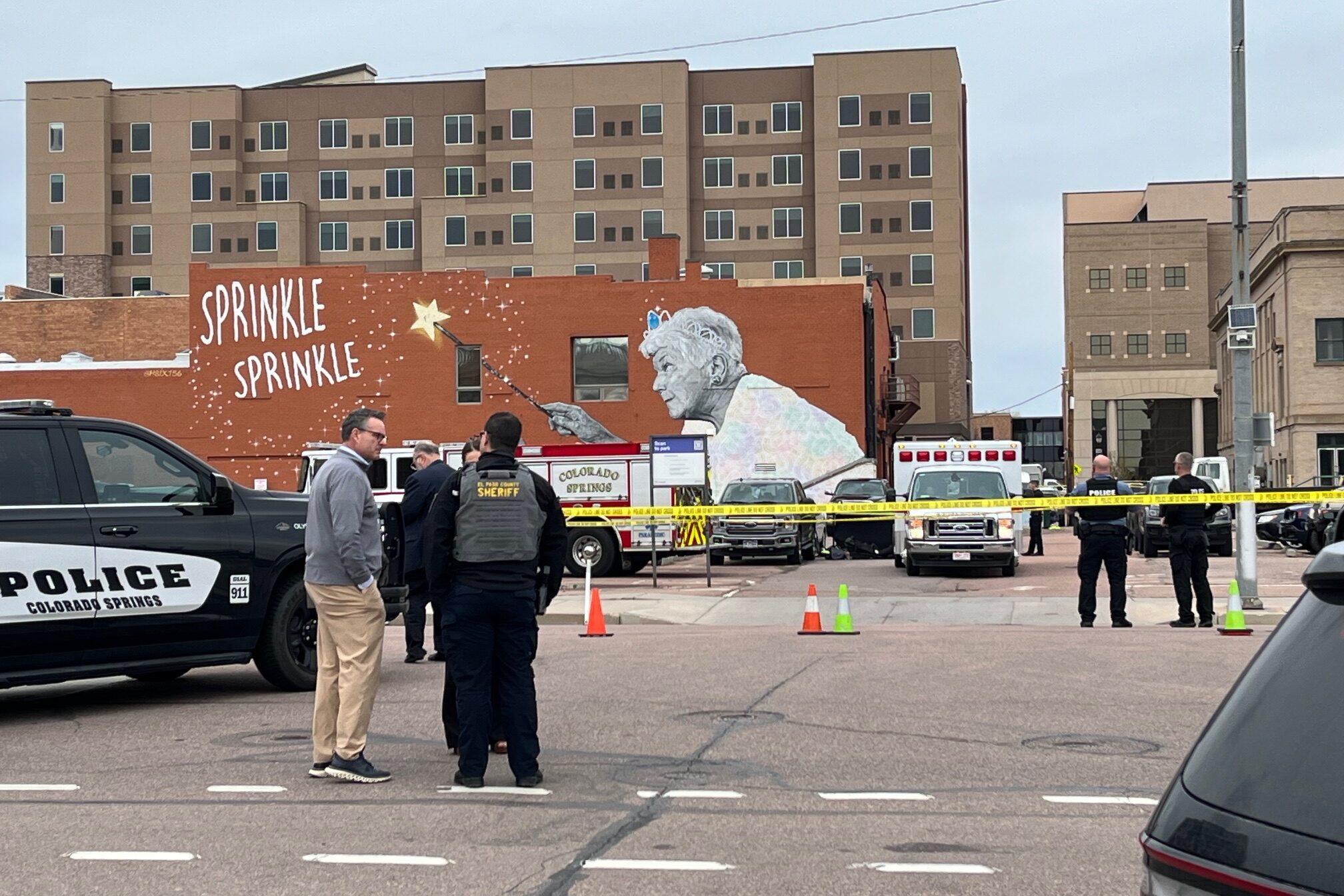
World-renowned artist Christo will no longer try to bring his controversial "Over The River" installation to Colorado, according to a statement sent out Wednesday.
Born Christo Vladimirov Javacheff, the artist and his late wife and collaborator Jeanne-Claude envisioned the project in 1992, but it's been mired in a legal battle for the last five years.
"I no longer wish to wait on the outcome," the artist said in an email.
Christo told the New York Times that he pulled the plug on the project, which was to be set on federally owned land, because of President Trump.
"I use my own money and my own work and my own plans because I like to be totally free. And here now, the federal government is our landlord. They own the land. I can’t do a project that benefits this landlord.”
Asked to elaborate on his views of the new president, he said only, “The decision speaks for itself.” He added, “My decision process was that, like many others, I never believed that Trump would be elected.”
"Over The River" would have suspended six miles of a heavy duty silver fabric from bank to bank over eight different stretches of the Arkansas River between Cañon City and Salida.

"The fabric is like a mural," Christo told CPR News in 2014. "It becomes pinkish in the morning with the rising of the sun. In the middle of the day, we’re platinum. And in the afternoon we have total golden fabric."
The project received approval from the Bureau of Land Management, which required Christo to take steps to mitigate various impacts.
“If you go back and look at the environmental impact statement, the economic benefits were really clearly documented there and the cultural benefits as well,” Miles Graham, a spokesperson for the project, says.
But opponents fought the project over environmental concerns, arguing the piece could endanger wildlife and the river. They also raised concerns for traffic along the highway and on the river, which is a popular destination for rafting.
A grassroots group called Rags Over The Arkansas River, or ROAR, filed its first lawsuit against the project in 2011.
“We are thrilled,” spokesperson Joan Anzelmo told CPR News. "People are the winners but so too are wildlife, birds and fish."
The two-week display would have required more than two years of construction to install. Anzelmo called the temporary project "infeasible" and likened it to a heavy mining operation.
Judges have generally taken the artist's side in lawsuits trying to block the project. A federal appeals court still has yet to deliver a final ruling after ROAR went back to court in 2015.
"Basically our suit alleges that the BLM violated federal laws and policies," Anzelmo said. "We’d like to see the court render that decision so it’s firmly codified. We are consulting wth our attorneys to understand what those next steps might be."
Christo and his team scoured the Rocky Mountain region to find a location for "Over The River." They ultimately settled on Colorado's Bighorn Sheep Canyon in 1996, and Christo later secured permits.
"I am grateful to everyone who was part of this journey," Christo said.
The European artist, who is a United States citizen, is well-known for his large-scale environmental works. In the 1970s, Jeanne-Claude and Christo stretched an enormous orange curtain across a valley near Rifle, Colorado. Recently, the artist installed "The Floating Piers" in Northern Italy.
Christo says he will now focus his efforts on another project called "The Mastaba" near Abu Dhabi, which has been in the works for four decades. He and Jeanne-Claude designed the nearly 500-foot tall sculpture made of colorful steel barrels for the desert.









